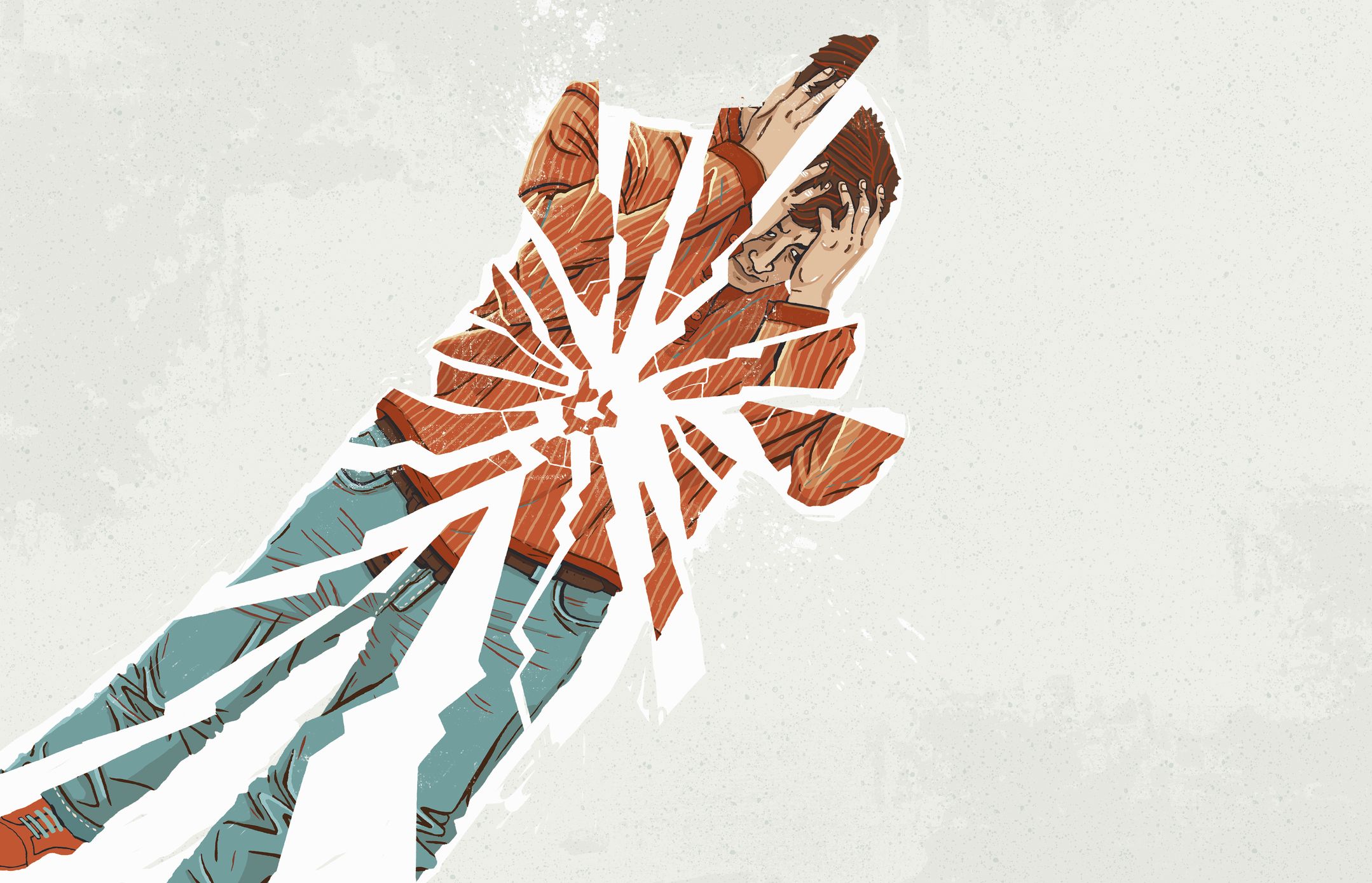In fact, there is a very specific set of criteria by which to define cults. But unfortunately, cults are sometimes extremely good at concealing their true nature. Here, then, is a list of twenty characteristics by which to identify cults, which I compiled from a wide range of online resources. Not every cult will check off every criterion in this list, but they will check off most of them.
1. The Charismatic Leader
The key ingredient in the creation of a cult is a highly charismatic leader. Such a person is usually brilliant, charming, and has a commanding presence. He may possess all kinds of genuine talents and accomplishments, and is certainly talented at motivating people. He might even start out with noble goals. But if he possesses delusional, egomaniacal, narcissistic and/or sociopathic tendencies, then he can end up creating a cult.2. Adulation of Leader
3. Infallibility of Leader
The leader creates a group which will regard his ideology and practices as the absolute Truth. He is never considered to be seriously wrong. He might have made mistakes in the past, but he is never considered to be making them now.4. Exclusivity of Truth/Salvation
The leader is the exclusive means of knowing "truth" or receiving validation. Nobody else and no other process of discovery and no other group, not even a similar one, is acceptable. This also means that the group is elitist, believing that its leader and itself possess an exalted status.5. Absolute Commitment
6. Polarized Mentality
7. Suppression of Criticism
Dissent and doubt or even questions about the leader and the correctness of the mission are discouraged or even punished.8. Psychological/ Emotional Manipulation
The leadership teaches varies ideas and induces feelings of extreme shame and/or guilt in order to influence and control members. Sometimes this is done through peer pressure and subtle forms of persuasion. In other cases, mind-altering practices (such as chanting, denunciation sessions, or debilitating work routines) are used in excess and serve to suppress doubts about the group and its leader.9. Negation of Members
10. Dangling Validation Out Of Reach
Privileges are accorded to a Chosen Few who are part of an elite Inner Circle. Followers
are often made to feel that they are not yet (or ever) "good enough." 11. Control of Members
The leadership dictates, sometimes in great detail, how members should act, think and feel. This includes major life decisions, such as what to do with one's life, who to marry, and where to live.12. Replacing Members' Interests with Cult Interests
The culmination of this process can be seen by members of the group
often doing things that are not in their own best interests, but
which are in the best interests of the group and its leader. This is where much of the long-term damage is done. 13. Exploitation of Members
The group exploits
its members to further the cult's interests. This can take different forms. Sometimes it can be
financial. In other cases, members are expected to devote
inordinate amounts of time to the group and group-related activities.14. Ends Justifying Means
15. Isolation from Others
16. Concealment of Nature, Mission and Practices
17. Preoccupation with Recruitment
The group is preoccupied with bringing in new members. (Doing so necessarily involves a level of concealment of the mission and its practices, as above.)18. Pressure against Leaving
The group rarely, if ever, lets its members believe that there is a legitimate reason to leave, and immense pressure and psychological/ emotional brutality is inflicted upon those who consider doing so. Former members who left are condemned. Remaining members are conditioned to believe there is no other way to be, and subconsciously fear severe consequences to themselves or others if they leave, or if they even consider leaving.19. Commonality of Accounts of Former Members
Former members often relate similar stories of abuse and grievances. They are psychologically and emotionally scarred. (These are a separate class of victims from those who are still stuck in the cult, compromising their own interests in favor of the cult's interests.)20. Lack of Accountability
There are no checks or balances upon the leader's actions. He is not accountable to any authorities. Nor would he listen to anyone criticizing him.As you can see, while religious groups may match some of these criteria, they certainly don't match most of them. On the other hand, an institution can match this definition without any overtly bizarre behavior that would identify it as a cult. It can be a group or institution or yeshiva which conceals the true nature of its operation. Following what I wrote about in previous posts, I will be giving examples.
If you'd like to subscribe to this blog via email, use the form on the right of the page, or send me an email and I will add you.
















